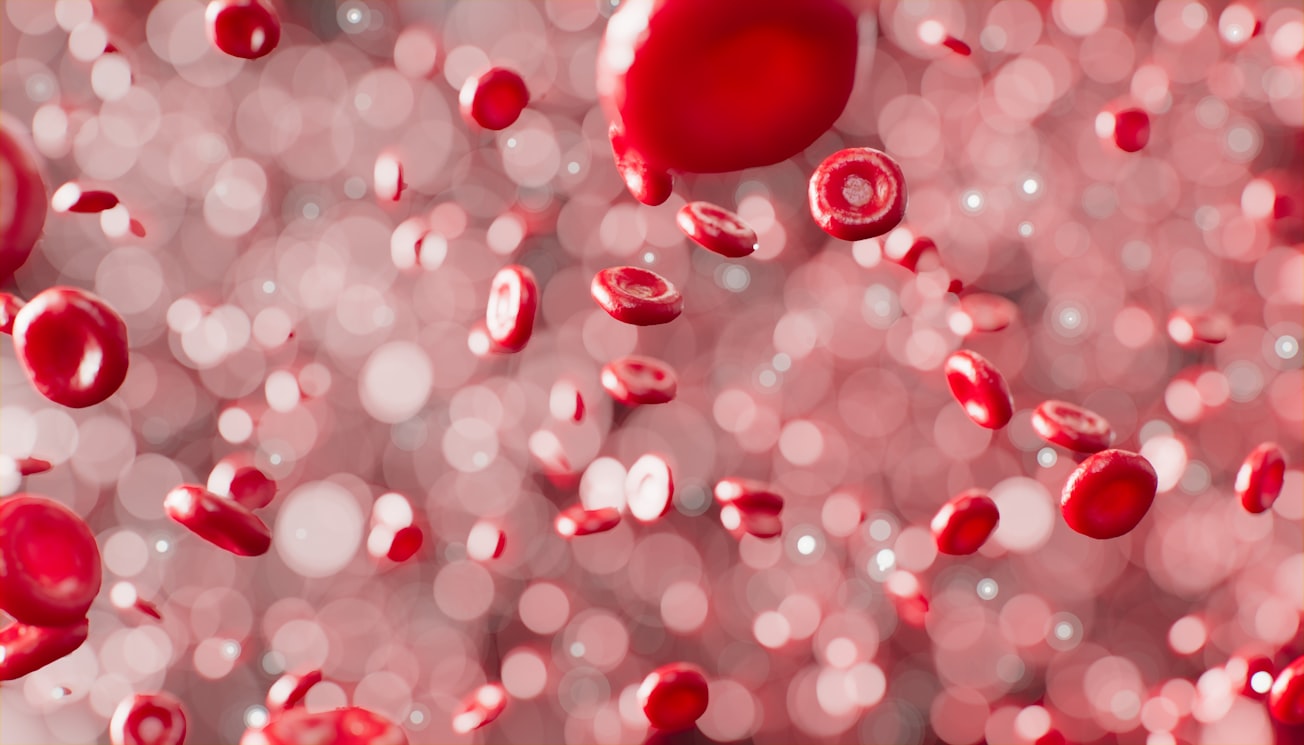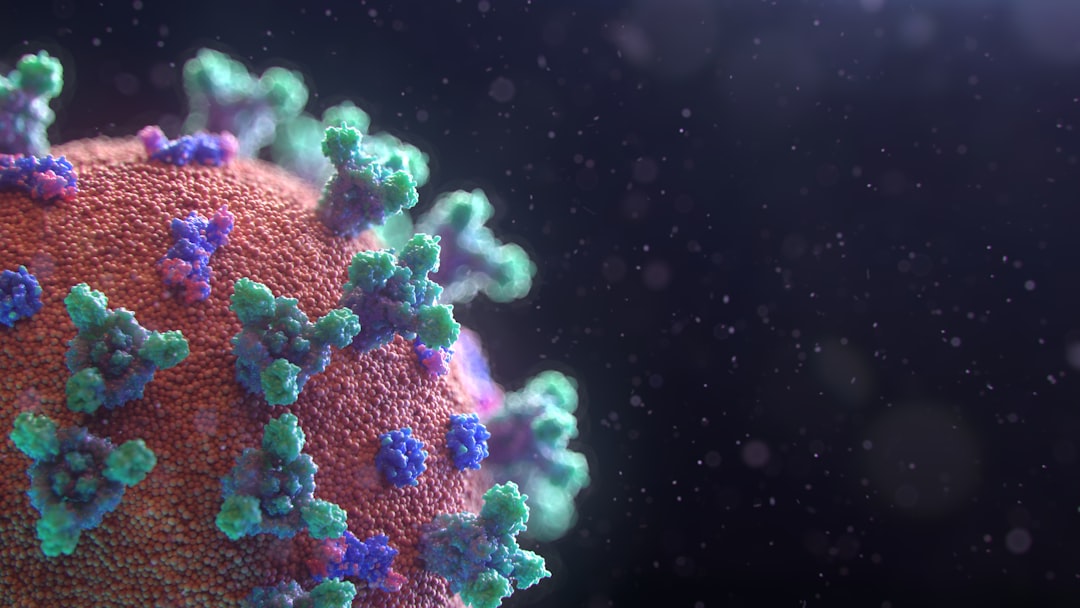What is it about?
In patients with weak immunity, such as those with blood cancer, COVID-19 can cause severe symptoms for long periods. These patients experience serious respiratory illness and face the risk of death. There are different types of blood cancer that affect two important immune cells (T and B cells), which help the body fight infections. As a result, the cells of patients with blood cancer do not create enough antibodies (specific proteins that fight infections) against SARS-CoV-2, the virus that causes COVID-19. Thus, SARS-CoV-2 takes advantage of this weakness and remains inside the patient’s cells. Here, it begins to evolve into more dangerous variants. In this study, the authors explored the factors that lead to prolonged COVID-19 in patients with blood cancer. They also studied the clinical signs of the infection and how the viruses evolved in these patients. The authors found that continuous cancer therapy and low T cell counts were the two main factors that led to death in COVID-19 patients with blood cancer. Patients who underwent therapy that reduced B cell counts were hospitalized more often than others. In addition, patients with B-cell cancer were at the highest risk of developing prolonged COVID-19. The authors successfully identified the risk factors that can predict extended and serious infections in these patients. Moreover, they found evidence to suggest that the virus evolved within these patients, especially in those with damaged T cells.
Featured Image

Photo by ANIRUDH on Unsplash
Why is it important?
Patients with blood cancer with prolonged COVID-19 can transmit the virus easily to others. Hence, these patients pose a public health risk. They also face a high risk of death and contracting other illnesses themselves. The findings from this study can be used to develop tailored treatments and preventive strategies for each patient. Through modified treatment plans, these patients may recover early from COVID-19. KEY TAKEAWAY: Patients with blood cancer are likely to suffer from a prolonged COVID-19 illness. New and modified treatment plans should be developed to aid the timely recovery of these patients from COVID-19.
Read the Original
This page is a summary of: Prolonged SARS-CoV-2 Infection in Patients with Lymphoid Malignancies, Cancer Discovery, November 2021, American Association for Cancer Research (AACR),
DOI: 10.1158/2159-8290.cd-21-1033.
You can read the full text:
Contributors
Be the first to contribute to this page










